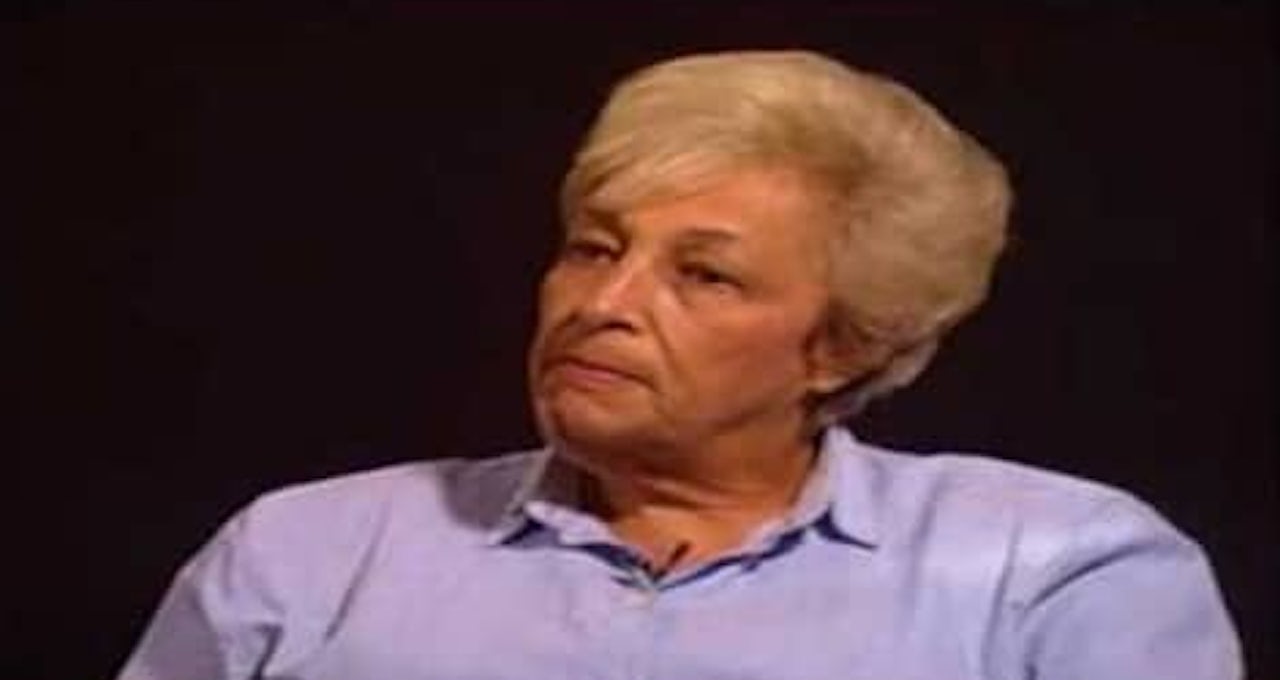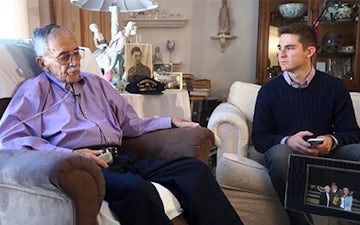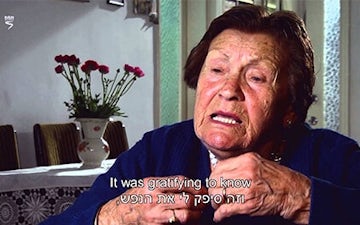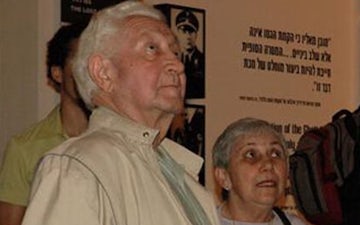Marga Silbermann was born in 1930 in the small northwestern-German town of Lemfoerde, the youngest of four children. When Marga was four, her father received a phone call from the Gestapo ordering him to report to their headquarters. Her father died of a heart attack immediately upon hearing the news.
Soon after, Marga’s mother moved into a smaller apartment and took a job as a housekeeper. The three older children left Lemforde in search of work and Marga was sent by her mother to live with her grandparents, Gustav and Emma, in the small town of Schermbeck, near Düsseldorf.
Throughout the 1930s, the family faced growing discrimination under the Nuremberg Laws in Germany, which excluded Jews from Reich citizenship and prohibited them from marrying or having sexual relations with Germans.
“He just dropped dead with the phone in his hand. I was sitting on a stool in front of him”
Manfred Silbermann, Marga’s oldest brother, managed to escape to England, while her other brother was expelled from school for being Jewish. He found work as butcher but was later sent to the Dachau Concentration Camp.
In the wake of Kristallnacht, Marga moved with her mother and sister to Berlin. After several years of attempting to secure the necessary paperwork, Marga, her mother, and her sister immigrated via France, Spain, and Portugal to New York in 1941.
In 1981, Marga returned to Germany, prompting her to share her story.
Source: Yad Vashem






